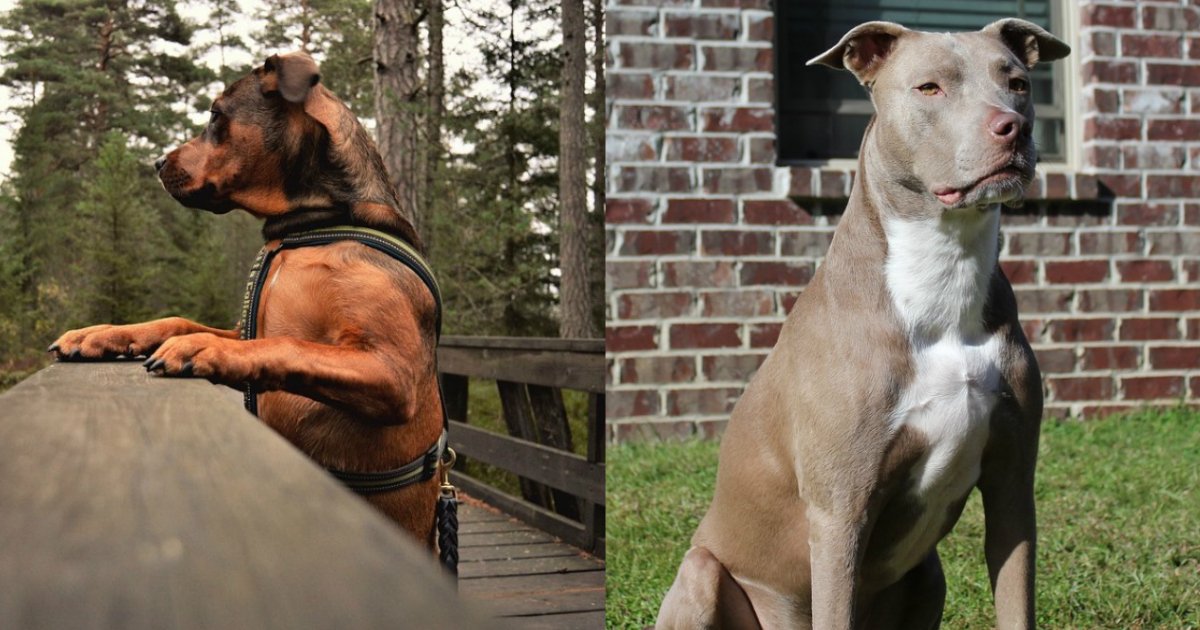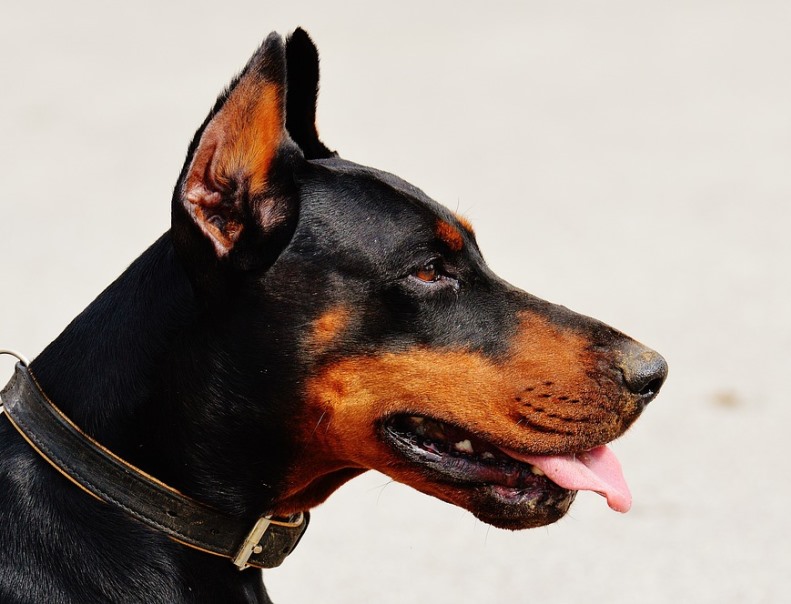Dogs are considered as a man’s best friend.
There is no doubt that these four-legged animals can be loyal, caring, and loving. However, dog attacks across the country have brought more attention to specific breeds. That’s why many people wonder which dogs are most suitable for different living conditions.
Although training is always an option, some dog breeds can be risky for renters and homeowners to have inside their houses, not only because of health reasons but also for insurance purposes.
Many insurance companies are becoming particular when it comes to selecting which breeds they will insure. According to one insurance agent, Jeff McCarthy, some companies don’t insure certain breeds as they do not want to deal with possible lawsuits in case someone gets attacked by a dog.
“The insurance company may just deny you homeowners’ or renters’ coverage because of your dog,” said Dori Einhorn, the owner of the Einhorn Insurance Agency that offers dog liability insurance in San Diego.
PixabayA representative for Allstate Insurance also added, “We are in the business of evaluating risk, and based on what we know the dogs on our ‘uninsurable list’ pose a higher risk.” Cases of dog bite also put a strain on insurance companies.
Psychology Today and Forbes listed the following dog breeds based on information acquired from insurance companies.
- Doberman Pinschers
- Staffordshire Terriers
- Pit Bulls
- Chows
- Great Danes
- Akitas
- Siberian Huskies
- Presa Canarios
- Rottweilers
- Cane Corcos
- Mastiffs
- Wolf-hybrids
According to the Centers for Disease Control and Prevention, more than 4.5 million people are bitten by dogs yearly in the U.S. American Veterinary Medical Foundation also attributed about 300 deaths due to dog attacks from 1979 to 1996, and most of them were children.
“There are enormous difficulties in collecting dog bite date,” said Julie Gilchrist, an epidemiologist with the CDC. She noted that the department already stopped collecting breed data since 1998.
Pixabay“No centralized reporting system for dog bites exists, and incidents are typically relayed to a number of entities, such as the police, veterinarians, animal control, and emergency rooms, making meaningful analysis nearly impossible. Moreover, a pet dog that bites an owner or family member might go unreported if the injury isn’t serious.”
The Humane Society of the United States, the National Animal Care and Control, and other organizations are on the record opposing breed-specific regulations.
PixabayWhat do you think about this? Do you agree that the mentioned breeds are the riskiest? Share your thoughts with us in the comments section below!







